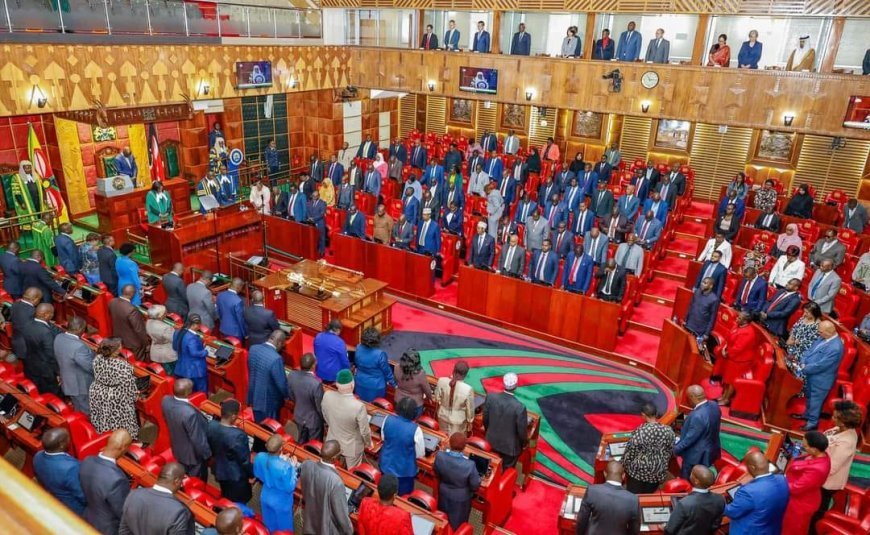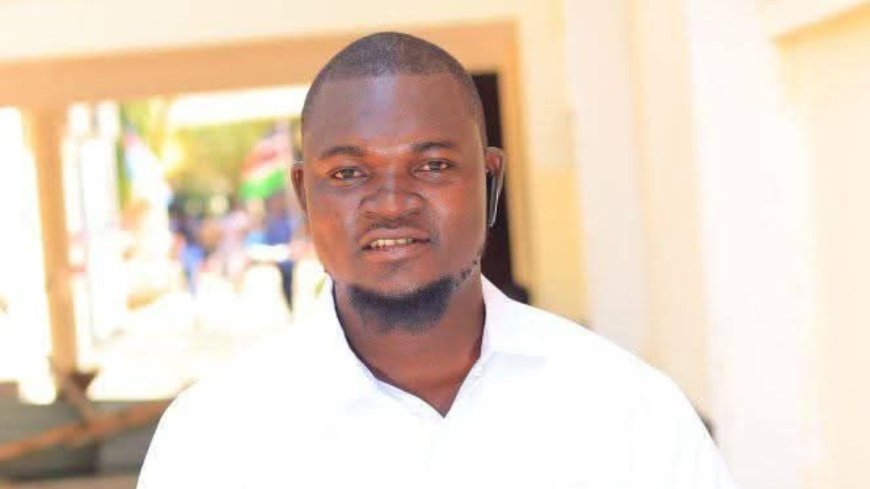Petition Filed To Nullify Part Of Computer Misuse and Cybercrimes Act
Okayo cited the recent crackdown on Gen Zs using social media to air out their views and exercising their freedom of expression.

Three Kenyans, among them President of the Kenya School of Law, Joshua Okayo, are petitioning the National Assembly to amend the Computer Misuse and Cybercrimes Act.
Okayo on Monday, June 23 issued a statement accompanying copies of their petition filed, citing the recent crackdown on Gen Zs using social media to air out their views and exercising their freedom of expression.
"We, the Gen Z, were born in a digital age and our freedom to explore the digital space shall not be curtailed by a few individuals who know not integrity," he stated.
The petition specifically seeks the repeal of Sections 22 and 23 of the law, which have led to the prosecution of several Kenyans, including the recent high-profile cases of Rose Njeri and Albert Ojwang, the latter having gone to a tragic extreme.

An image of slain X influencer Albert Ojwang. /ALBERT OJWANG
"Sections 22 and 23 have been weaponised by the State and powerful individuals to punish critics and silence public discourse on certain issues," part of the petition read.
"Since 2018, many social media users, including bloggers, journalists, whistle-blowers, and digital content creators, have been arbitrarily arrested, harassed, detained or prosecuted for nothing more than a meme, cartoon or post that is merely said to be 'false' or 'defamatory.'"
Section 22 criminalizes the spread of misinformation and the publication of “false, misleading, or fictitious” content, carrying penalties of up to Ksh 5 million in fines, a prison term of up to two years, or both.
Section 23 similarly targets the publication of false information that could harm another person’s reputation, with even harsher penalties—fines of up to Ksh 5 million or imprisonment for up to 10 years, or both.
The petition also calls on the National Assembly to undertake a full review of the Act to ensure that any limits placed on freedom of expression are well-defined, justified, and strictly confined to matters of public interest as outlined in Article 33 of the Constitution.
Article 33 protects the right to freedom of expression, including the right to seek, receive, and share information or ideas, as well as the right to artistic freedom.
Additionally, the petition urges lawmakers to amend the law in line with court rulings and Kenya’s obligations under international and regional human rights frameworks.
Finally, the petitioners call on Parliament to take action to prevent further misuse of the criminal justice system for personal gain, political motives, or to settle civil disputes that should not fall under criminal law.
Whereas their petition to amend parts of the act might be welcome by Kenyans, some feel that the entire act should be done away with as its implementation has gone against the stipulated laws.







